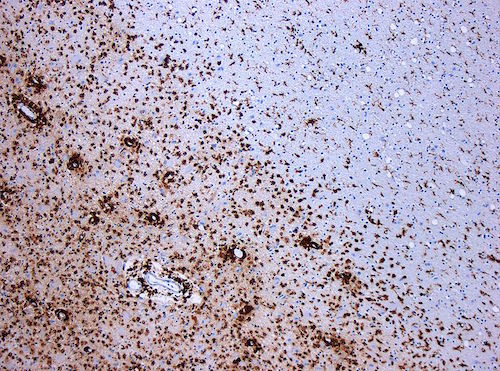 Medicine
Medicine
Adult Stem Cells Are Effective Against MS

This can’t be true! Embryonic stem cells are the ONLY HOPE, “the scientists” and their media and celebrity camp followers repeatedly insisted — as they urged priority funding for studies using the cells.
Except, those who argued that adult stem cells offered great potential are the ones being proven right — as embryonic successes are almost nowhere to be seen.
Now, the early indications of a possibly efficacious treatment for multiple sclerosis are looking to be even more hopeful. From the Science Alert story:
A group of multiple sclerosis (MS) patients have had their immune systems destroyed and then rebuilt using their own blood stem cells. Three years later, 86 percent of them have had no relapses, and 91 percent are showing no signs of MS development.
Wonderful.
Now, think of the people with MS who have opted for assisted suicide out of despair, cheered on by the “death with dignity” crowd. In Belgium, some MS patients have even coupled their killings with organ harvesting.
You would think this ongoing progress would make huge headlines. Imagine if it was an embryonic stem cell success! But for the media, adult stem cells are still the wrong stem cells.
Image: Demyelination by MS, by Marvin 101 (Own work) [GFDL or CC-BY-SA-3.0], via Wikimedia Commons.
